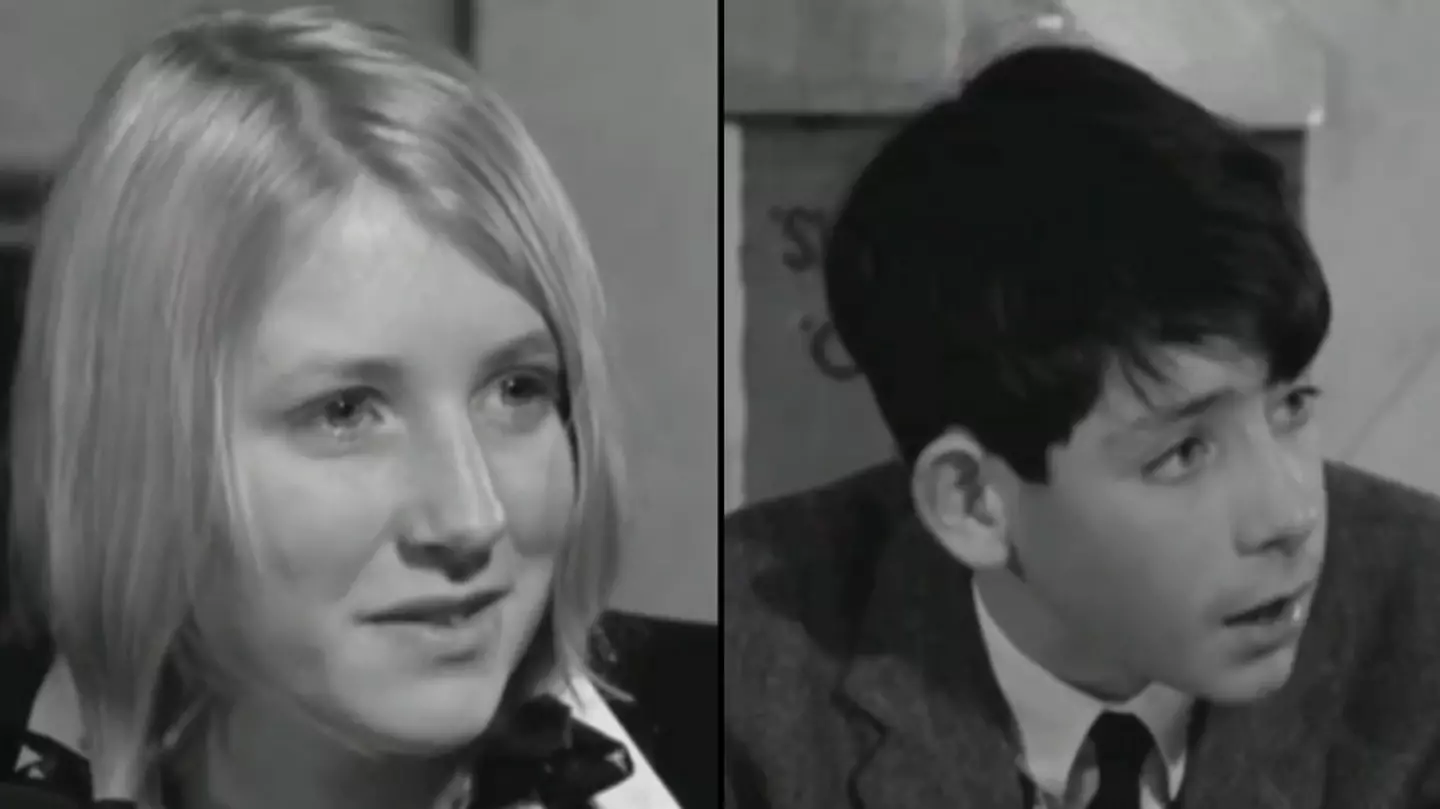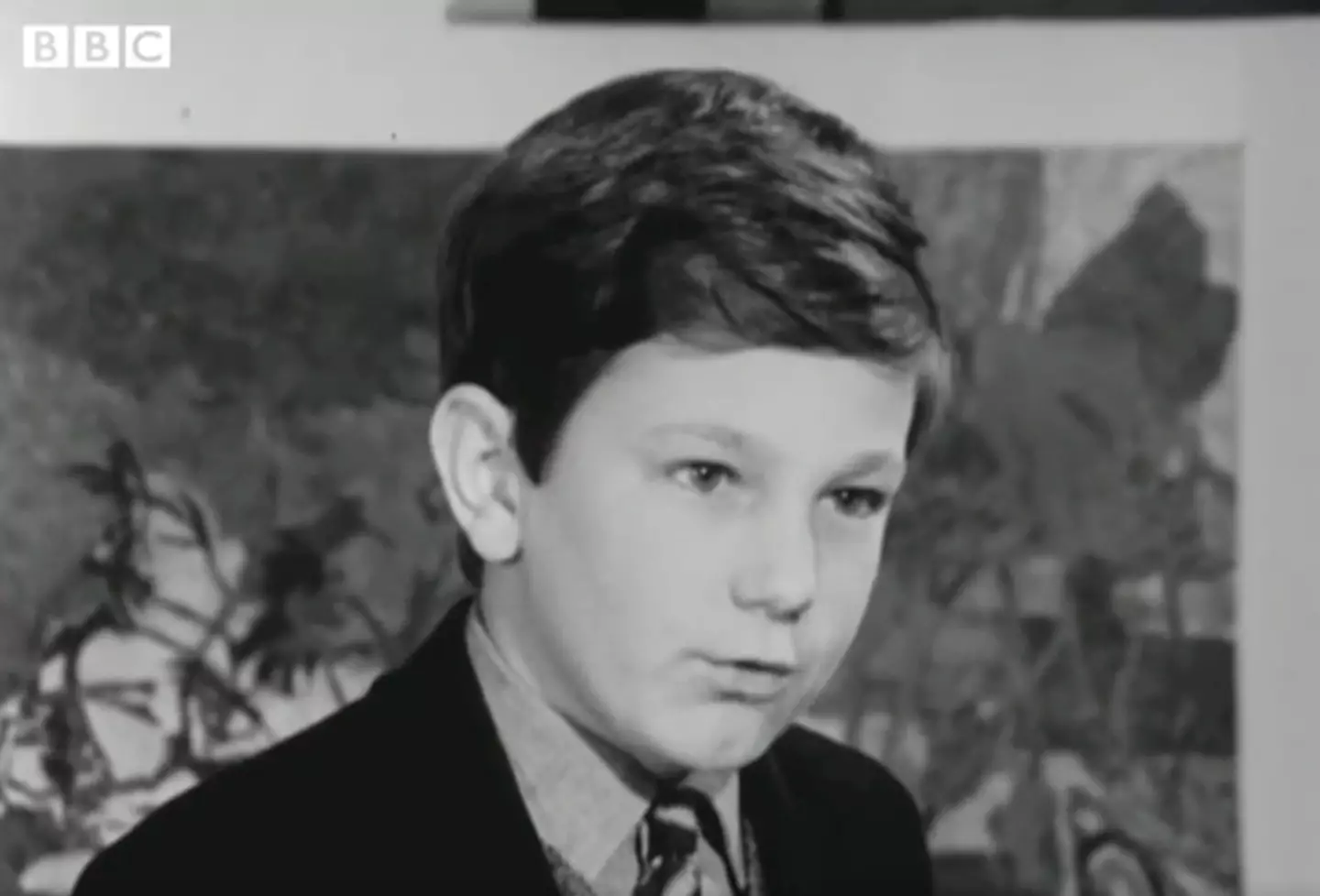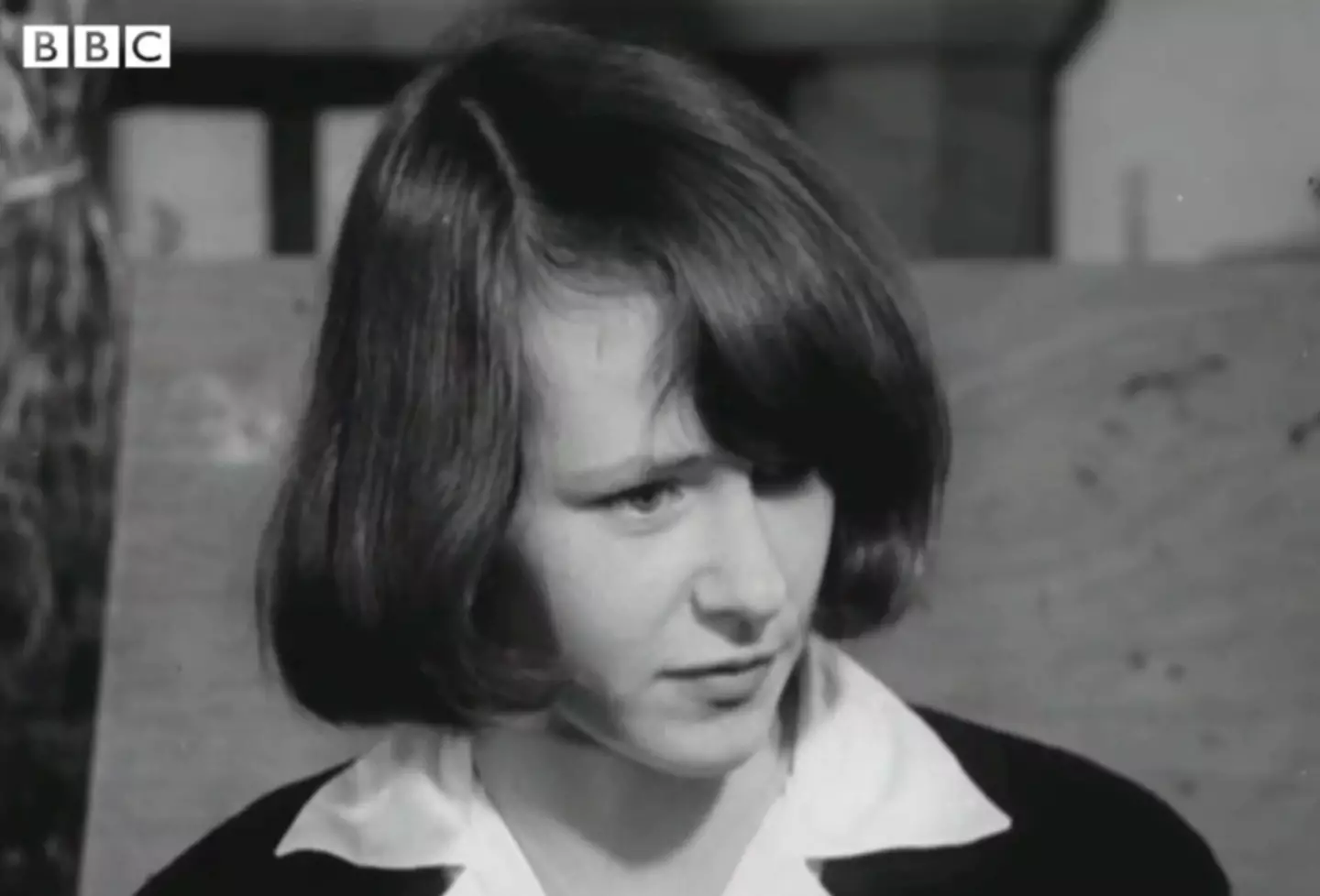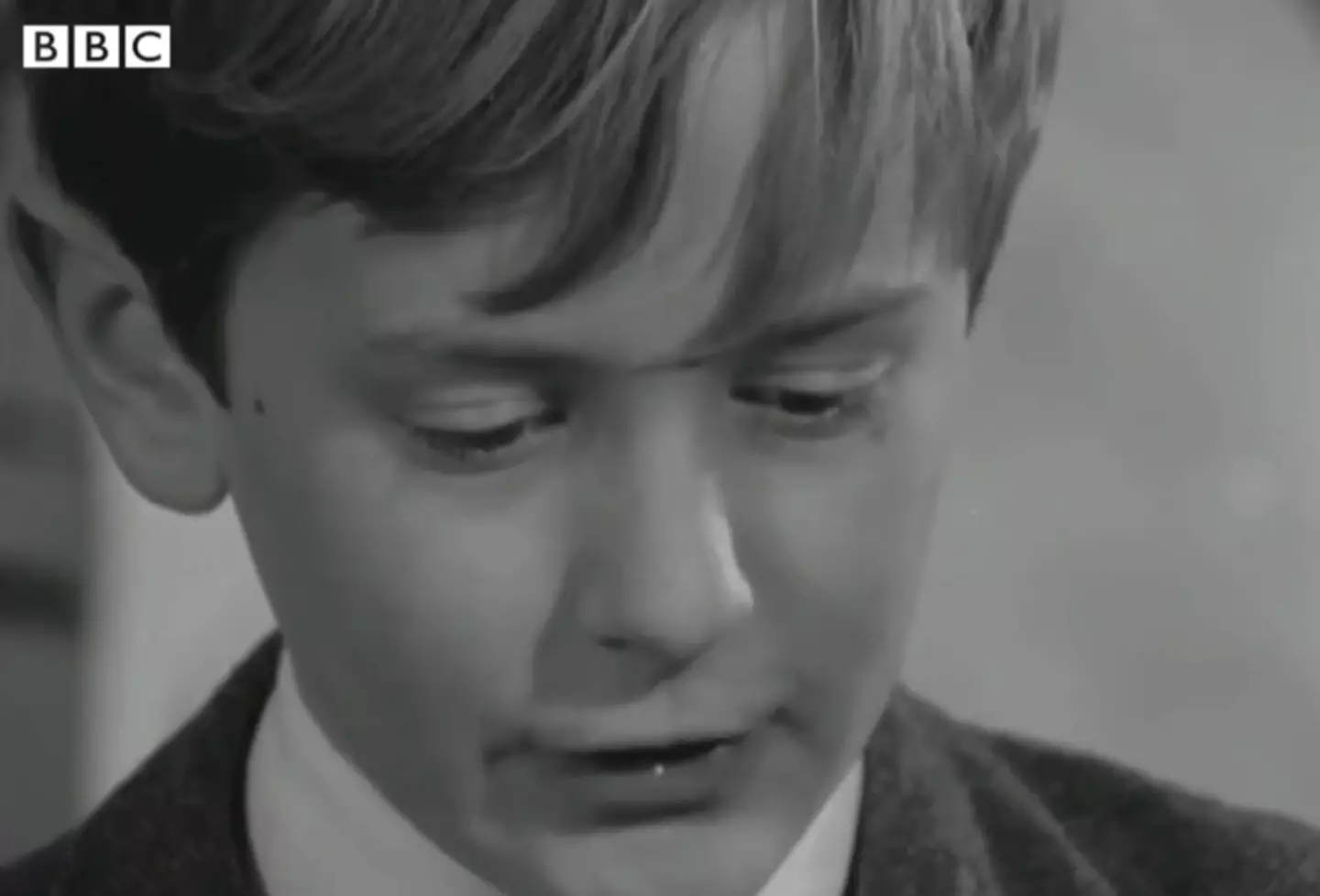
Unearthed footage from 1966 shows what children thought the year 2000 would look like, and some of their ideas have proven eerily accurate. Watch below:
The clip originally aired on 28 December 1966 as part of BBC science programme Tomorrow’s World.
Pupils from Marlborough college, Roedean and Chippenham schools were asked what they thought it would be like to live in the year 2000.
Advert
While the human race has managed to swerve their most pessimistic suggestions – which included the nuclear annihilation of all life on earth – their concerns about battery farming and the rise of technology have proven surprisingly prescient.
The clip recently resurfaced on Reddit, with users taken aback by how on the money some of the kids’ predictions were.
One of the most accurate predictions came from a boy who said: “Sheep and cows and livestock, they will be kept in batteries, they won’t be allowed to graze on pastures, they’ll be kept in buildings all together.”

The prediction was not a complete shot in the dark – the ‘factory farm’ first emerged in the 1960s as modern technology allowed thousands of chickens to be reared on one farm, Farmers’ Weekly reports.
The battery farm has become much more common however, with a 26 percent increase in mega farms – one that houses at least 40,000 birds, 2,000 pigs or 750 breeding sows – from 2011 to 2017, the Guardian reports.
One Reddit user wrote of the kid’s prediction: “The one about animals being shoved in a building and artificially raised… too real, and sad.”
Another said: “60s capitalists eagerly scribbling notes as children tell them how to destroy the world.”
Another of the children said of the year 2000: “I don’t think it’s going to be so nice, all machines everywhere, everyone doing everything for you, you’ll get all bored, I don’t think it will be so nice.”
While it’s true technology has now seeped into our everyday lives more than ever, the little girl clearly did not envision the birth of Netflix if she thinks we’ll be bored all the time.
Another kid said: “People wouldn’t be able to live in ordinary houses, because that would take up too much room, they’d have to be in flats, piled on top of one another.

“The houses would be rather small and everything would be very cramped.”
Turns out she was pretty accurate, with Which finding the average UK home is now 20 percent smaller than in the 1970s, so we certainly are more cramped.
However, as of 2018, only 20 percent of UK households live in flats.
Another prediction that raised eyebrows concerned overpopulation.
One eloquent schoolboy noted: “I don’t think there is going to be atomic warfare, but I think there is going to be all this automation, people are going to be out of work and a great population, and I think something has to be done about it.
“If I wasn’t a biologist, that’s what I’d like to do, to do something about the population problem, try and temper it somehow, I don’t know how.”

Many in the comments noticed the small boy describing himself as a biologist, and the somewhat menacing overtones of his desire to ‘temper’ the population.
One wrote: “I didn’t realise Thanos started out as a biologist.”
Another wrote: "’If I wasn't a biologist …’ – some British kid in his 10s.”
But does the kid have a point?
The UK population has increased from 54.65 million in 1966 to 58.89 million in 2000, before soaring to 67.22 million in 2020.
However, the rate of employment has not suffered the colossal dip this lad seems to fear, but fluctuated over the decades – going from 74.1 percent in 1966, to 72.5 percent in 2000, and 75.6 percent in 2018.
So no need for any Thanos-like interventions just yet, thank goodness.
Topics: UK News, BBC, TV and Film